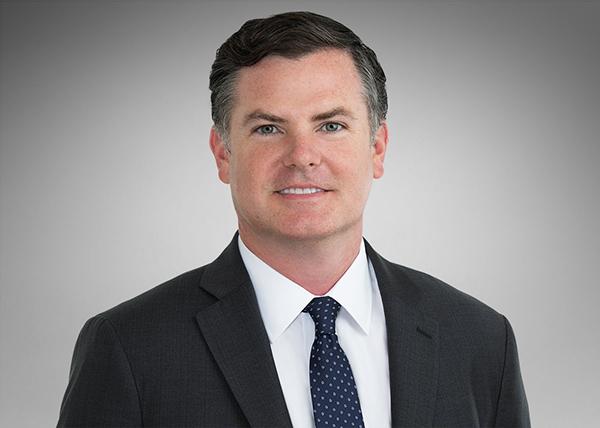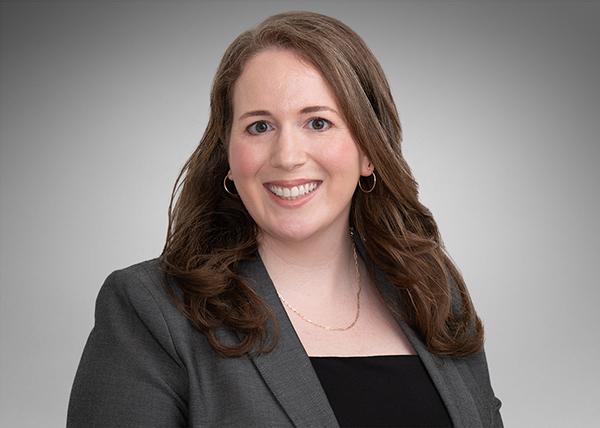On January 25, 2022, the Fourth Circuit joined the growing number of circuits to hold that under the False Claims Act, “a defendant cannot act ‘knowingly’ if it bases its actions on an objectively reasonable interpretation of the relevant statute when it has not be warned away from the interpretation by authoritative guidance” and that “this objective standard precludes inquiry into a defendant’s subjective intent.” United States ex rel Sheldon v. Allergan, No. 20-2330, (4th Cir. Jan. 25, 2022) (“Opinion”) at 12.
In United States ex rel Sheldon v. Allergan, relator Troy Sheldon alleged that the defendant, Forest Laboratories, LLC (“Forest”) (later merged into Allergan Sales, LLC), violated the price reporting standards of the Medicaid Drug Rebate Statute, 42 U.S.C. § 1396r-8, by failing to account for the combined amount of all discounts provided to separate customers along distribution chains when calculating Best Price, leading to the submission of false pricing reports to the government. Id. at 8. This allegedly reduced the rebates that Forest paid to participating states, id., resulting in a violation of the FCA. The district court granted Allergan’s motion to dismiss. As relevant here, the district court found that the relator had not sufficiently alleged scienter, because Forest had acted under “a plausible and objectively reasonable interpretation” of the Rebate Statute. Id. at 9 (quoting United States ex rel. Sheldon v. Forest Laboratories, LLC, 499 F. Supp. 3d 184, 209 (D. Md. 2020).
The Fourth Circuit affirmed the district court dismissal of Sheldon’s complaint, after adopting the scienter analysis set forth by the Supreme Court in Safeco Ins. Co. of Am. v. Burr, 551 U.S. 47 (2007), a case concerning the Fair Credit Report Act (FCRA). The Safeco Court set forth a two-step analysis as to “reckless disregard,” one of the scienter standards applicable under the FCRA: “first asking whether defendant’s interpretation was objectively reasonable and then determining whether authoritative guidance might have warned defendant away from that reading.” Opinion at 11. The Safeco Court explained that failure to meet this recklessness standard precluded a finding of knowledge as well, since “[w]here . . . the statutory text and relevant court and agency guidance allow for more than one reasonable interpretation, it would defy history and current thinking to treat a defendant who merely adopts one such interpretation as a knowing or reckless violator.” Id. at 11 (quoting Safeco, 551 U.S. at 70 n.20). Applying this rationale, the Fourth Circuit similarly held that because the “threshold requirement” under the Safeco standard could not be met, the relator could not establish the greater culpability required for deliberate ignorance or actual knowledge under the FCA. Id. at 14.
In a lengthy dissent, Judge Wynn argued that the majority opinion would “effectively neuter the False Claims Act . . . by eliminating two of its three scienter standards (actual knowledge and deliberate ignorance) and replacing the remaining standard with a test (objective recklessness) that only the dimmest of fraudsters could fail to take advantage of.” Id. at 30. However, the majority rejected this view, finding that it would “take[] the FCA a very long step toward a strict liability statute,” contrary to Supreme Court precedent and statutory language. Id. at 3. The court also emphasized the “profoundly troubling” outcomes Judge Wynn’s interpretation would cause, by threatening to impose “essentially punitive” treble damages on defendants who act in an objectively reasonable manner when interpreting a complex legal requirement “without any proper notice as to what is required.” Id. at 17.
In adopting the Safeco standard, the Fourth Circuit joined “each and every circuit that has considered Safeco’s applicability to the FCA.” Id. at 12. These circuits have universally required “[s]trict enforcement of the FCA’s knowledge requirement,” and have recognized “that subjective intent—including bad faith—is irrelevant when a defendant seeks to defeat a finding of knowledge based on its reasonable interpretation of a regulatory term.” U.S. ex rel. Purcell v. MWI Corp., 807 F.3d 281, 287, 290 (D.C. Cir. 2015) (citation omitted); see also U.S. ex rel. Streck v. Allergan Inc., 746 F. App’x 101 (3d Cir. 2018); U.S. ex rel. Schutte v. SuperValu Inc., 9 F.4th 455 (7th Cir. 2021); U.S. ex rel. Donegan v. Anesthesia Associates of Kansas City, PC, 833 F.3d 874, 879-80 (8th Cir. 2016); U.S. ex rel. McGrath v. Microsemi Corp., 690 F. App’x 551, 552 (9th Cir. 2017).
The Fourth Circuit’s decision comes on the heels of the Seventh Circuit’s order declining to grant rehearing en banc of the Schutte decision on December 2, 2021. Order, Schutte, No. 20-2241 (7th Cir. Dec. 3, 2021). In Schutte, the Seventh Circuit addressed the same question of Safeco’s applicability to the FCA. Using language that the Fourth Circuit quoted in its opinion, the Seventh Circuit found that a defendant cannot act with “knowledge” under the FCA when it acts reasonably, unless warned away from its interpretation of law, because “[a] defendant might suspect, believe, or intend to file a false claim, but it cannot know that its claim is false if the requirements for that claim are unknown.” Schutte, 9 F.4th at. 468.
Collectively, these cases reinforce the substantial burden when pleading an FCA violation based on legal falsity. As the Fourth Circuit decision recognized, a complaint that fails to satisfy the objective scienter requirement of Safeco can properly be dismissed on the pleadings, “even when the case involved the question of whether a defendant was warned away from its interpretation.” Id. at 18 n.3. These cases are a sign that qui tam relators who seek to bring meritless FCA claims by exploiting ambiguous legal regimes, such as the “the veritable thicket of Medicaid regulations” that formed the basis for the claims in Sheldon, id at 4, should expect continued scrutiny from the courts going forward.
If you have any questions concerning the material discussed in this client alert, please contact the members of our False Claims Act practice.
Back
Back





